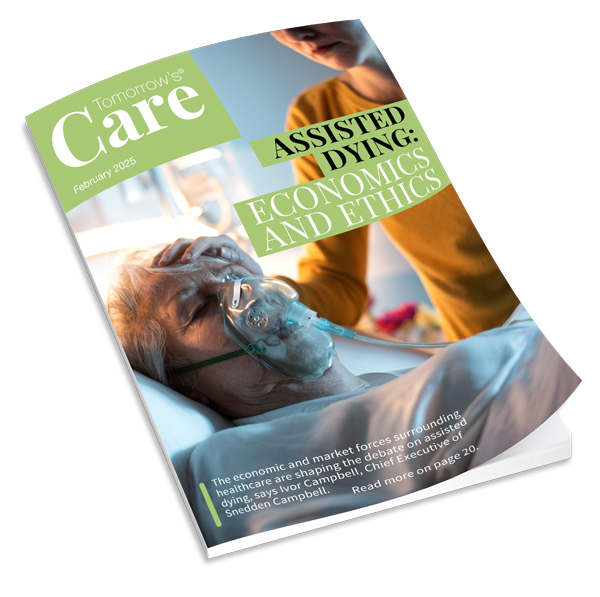Thousands of complaints about substandard elderly care in England were lodged last year, a BBC investigation has found.
Researchers for 5 live Investigates discovered that 14,888 claims about the welfare of care home residents were reported to 74 councils in 2013/14.
Local authorities are required to look into any concerns raised about care. They can launch a formal safeguarding investigation to decide what action should be taken, if this is deemed necessary.
However, some relatives of those in care say complaints often go ignored.
Following the death of 19 people at the Orchid View home in West Sussex, a police investigation launched in 2011 uncovered serious failings in care. Yet, families and health workers had been raising suspicions about the home since 2009.
One woman whose mother died less than a year after moving into Orchid View told the BBC that she had written letters of complaint to health professionals, the Care Quality Commission (CQC) and the council, but no one treated it as a safeguarding issue.
“I felt I was tearing my hair out and nobody was listening,” she said. “It was only treated as a safeguarding alert after I raised the roof when she went into hospital.”
She added: “It was only after my mother's death and the inquest, I realised there had been so many (safeguarding) referrals at Orchid View.”
In a statement, West Sussex County Council said it takes safeguarding concerns “extremely seriously” and is working to prevent a repeat.
The Local Government Ombudsman has also scrutinized cases where families have felt let down by the safeguarding system. It has found delays in launching inquiries, poor investigations and a lack of information being shared with relatives. In one case, a council asked a home accused of providing poor care to conduct its own safeguarding investigation.
The 74 councils that responded to the BBC’s request for data reported that they had received 14,888 referrals between them. About one third (4,523) of those were substantiated.
Commenting on the BBC’s findings, the President of the Association of Directors of Adult Social Services (ADASS), David Pearson, pointed out that spending cuts mean there are not always sufficient social workers working with other professionals to carry out investigations.
























